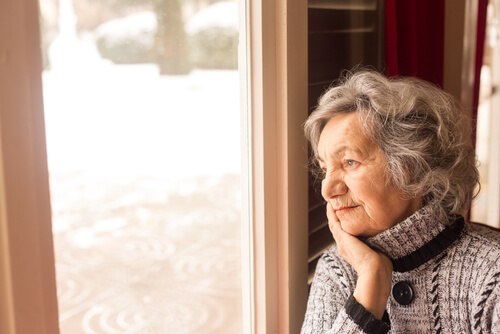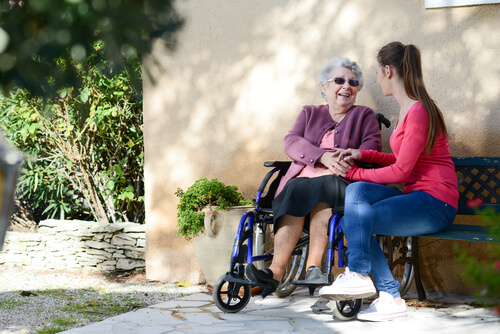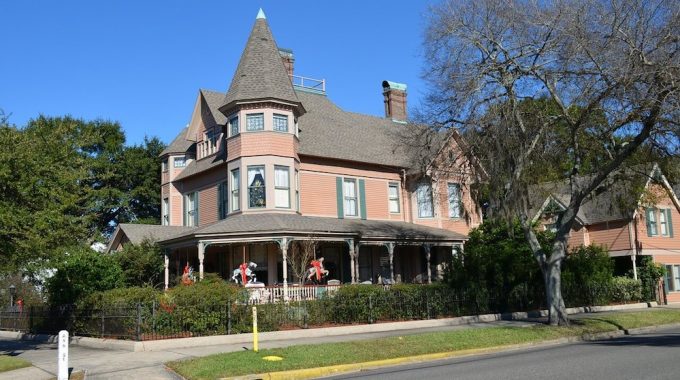
Seasonal Depression in Seniors: Signs, Symptoms, and Treatments
Winter is exceptionally able to make our bones creak, and joints ache. Unfortunately, winter is also adept at bringing waves of seasonal depression along with those aching bones and joints. The problem, of course, is the nature of depression itself – with subtle symptoms that can quickly go unnoticed, seasonal depression poses severe risks to everyone, but especially seniors who can be more susceptible to its triggers.
When caring for seniors, monitoring for signs of depression is just as necessary as looking for external ailments, although it’s often more difficult to identify and diagnose. Therefore, knowing and understanding the causes, symptoms, and treatment and management strategies for seasonal depression in senior citizens is critical in providing them proper care as the weather turns and their limited mobility becomes even more constrained.
Seasonal depression can be severe for seniors, but knowing what to look for and adequately addressing it can significantly reduce the risk of further complications.
The Causes of Seasonal Depression
Seasonal depression is not about fleeting moods or temporary gloominess that arrives out of coincidence. In fact, the driving force behind seasonal depression is well-documented and researched. According to the National Institutes of Health, the weather itself is responsible for the bulk of the symptoms.
When days are shorter and the air is colder, most people tend to have far less exposure to the sun than during other times of the year, especially senior citizens. Since exposure to sunlight directly impacts the amount of serotonin produced by our brains, serotonin levels tend to be significantly lower during the winter than in other seasons.
Furthermore, with serotonin greatly responsible for regulating our moods, drops in serotonin levels create bouts of seasonal depression due to the weather. For senior citizens, lower serotonin levels are often coupled with far less mobility during the winter to create an ideal environment for seasonal depression to thrive.
Common Symptoms of Seasonal Depression
Although particular symptoms can vary by individual, there are a handful of common symptoms typically seen in senior citizens struggling with seasonal depression. The most apparent signs will include a lack of energy, decreased appetite, difficulty sleeping, general irritability, and a loss of interest in hobbies and socialising. For instance, you may notice them becoming increasingly isolated and avoiding the company of their friends and family.
Treating Seasonal Depression in Senior Citizens
Since seasonal depression is very much a form of depression and not merely a bad mood, it can be treated with antidepressant medications. Although many seniors, as well as their caregivers and even doctors, might be hesitant to add yet one more drug to their daily routine, antidepressants might be a useful solution for seniors who are especially prone to developing seasonal depression as the weather turns.
For a more holistic approach, light therapy has shown to be effective in relieving many of the classic symptoms associated with seasonal depression. For milder symptoms, a simple walk outside or increased exposure to sunlight can be very beneficial in combating seasonal depression. However, if that is impractical or impossible, lightbox therapy has also shown to be useful in helping a person better regulate serotonin levels in their brain, therefore adjusting the chemical imbalance that often lies at the root of the problem.
Managing Seasonal Depression
Like any other ailment, efficiently managing seasonal depression starts with carefully monitoring seniors for any potential symptoms that might arise. Also, particularly in those who have a history of dealing with depression, a checkup or physical with the doctor should always include an evaluation to look for any symptoms. From there, the senior, caretaker and doctor can work together to find practical solutions that are appropriate.
Special Considerations for Seniors With Seasonal Depression
Identifying symptoms of seasonal depression in senior citizens can be challenging for many reasons. First and foremost, depression can be difficult to diagnose accurately, no matter a person’s age. Since many seniors aren’t always familiar with the symptoms of depression, they might not vocalise any issues they might be experiencing.
Therefore, it’s crucial for caretakers to be constantly vigilant for any and all symptoms of seasonal depression before they increase in magnitude and scope. Of course, when caring for seniors who also have dementia, it can be challenging to communicate with them. This magnifies the need for caregivers and medical professionals to always be on the lookout, especially when the winter months arrive.
Be Proactive
Caring for senior citizens who are susceptible to seasonal depression, particularly those who live in colder climates where exposure to sunlight is limited, should be approached like any other potentially dangerous health issue. As summer comes and goes and the fall months bring a crispness to the air, start looking for visible signs of seasonal depression – including any changes in sleeping patterns, appetite and social behaviour – and immediately consult a medical professional to find the best course of treatment. Seasonal depression can ignite a whole host of other health issues if left untreated. However, with a bit of diligence and information, its symptoms can often be kept in check.





